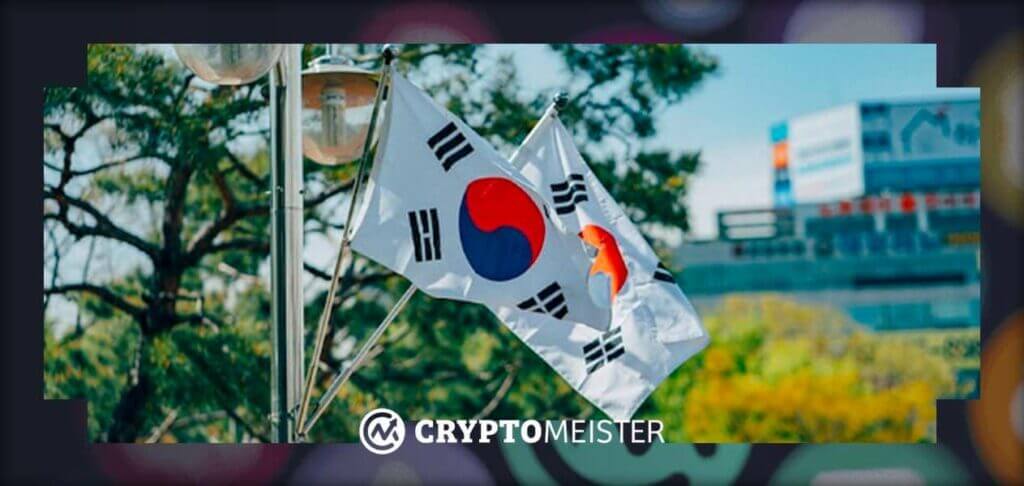South Korean Authorities Probe Crypto Exchanges Listing Native Tokens

There are many projects and exchanges within the crypto industry and these often have a few characteristics in common. One of these is a native token that sits at the centre of these ecosystems; Binance has BNB, KuCoin has its KCS token, and so on. While many of their users might find benefits from these assets, South Korean regulators are looking more closely into them.
More specifically, local reports from the country state that financial regulators are looking into crypto exchanges to determine if they are self-listing their own tokens. The reason for this, as per the reports, is the collapse of several high-profile crypto projects in the last year such as Terra and FTX.
Native Tokens Under Scrutiny
The reports cited the collapse of FTX specifically, noting that its demise was caused by liquidity issues that left customers stranded. In light of this, the Korea Financial Intelligence Unit (KoFIU), part of the Financial Services Commission (FSC) will be probing crypto exchanges within the country regarding their possible use of their own native cryptos, which is not allowed.
According to a representative from the FSC, the first round of investigations has already been concluded but more checks will be done to clear all doubts. Any instance of this would be a violation of the Act on Reporting and Using Specified Financial Transaction Information. The act clearly states that exchanges may not list or otherwise mediate any tokens that they issue themselves or from anyone associated with them. A recent meeting was held with the CEOs of the five major crypto exchanges in South Korea and it was reiterated that the FTX situation is unlikely to occur in the country because the act is enforced.
But some exchanges are already under suspicion such as Flata Exchange, a Daegu-based crypto exchange. As per the report, there is concern that Flat, a coin that the exchange has listed since 2020, might actually be its own native token. Also, while the major exchanges in the country have already been scrutinized, regulators want to look into the smaller ones.
And South Korean regulators certainly have reason to be concerned. While FTX was not based in the country, it had a significant customer base there. It has been estimated that 6% of FTX’s traffic in October 2022 was from South Korea, with the country being only beaten out by Japan. Needless to say, the losses suffered by Koreans are not insignificant and thus, the desire to investigate.
The Root of the Issue
In the aftermath of the collapse, it is refreshing to see regulators address the underlying issues that caused the collapse in the first place. One of these has been identified as misuse of the native FTT token.
Now that regulators are following up with existing exchanges and targeting the reason for the collapse, such an incident is much less likely to happen moving forward. One can only hope that these efforts are successful in the long run.
